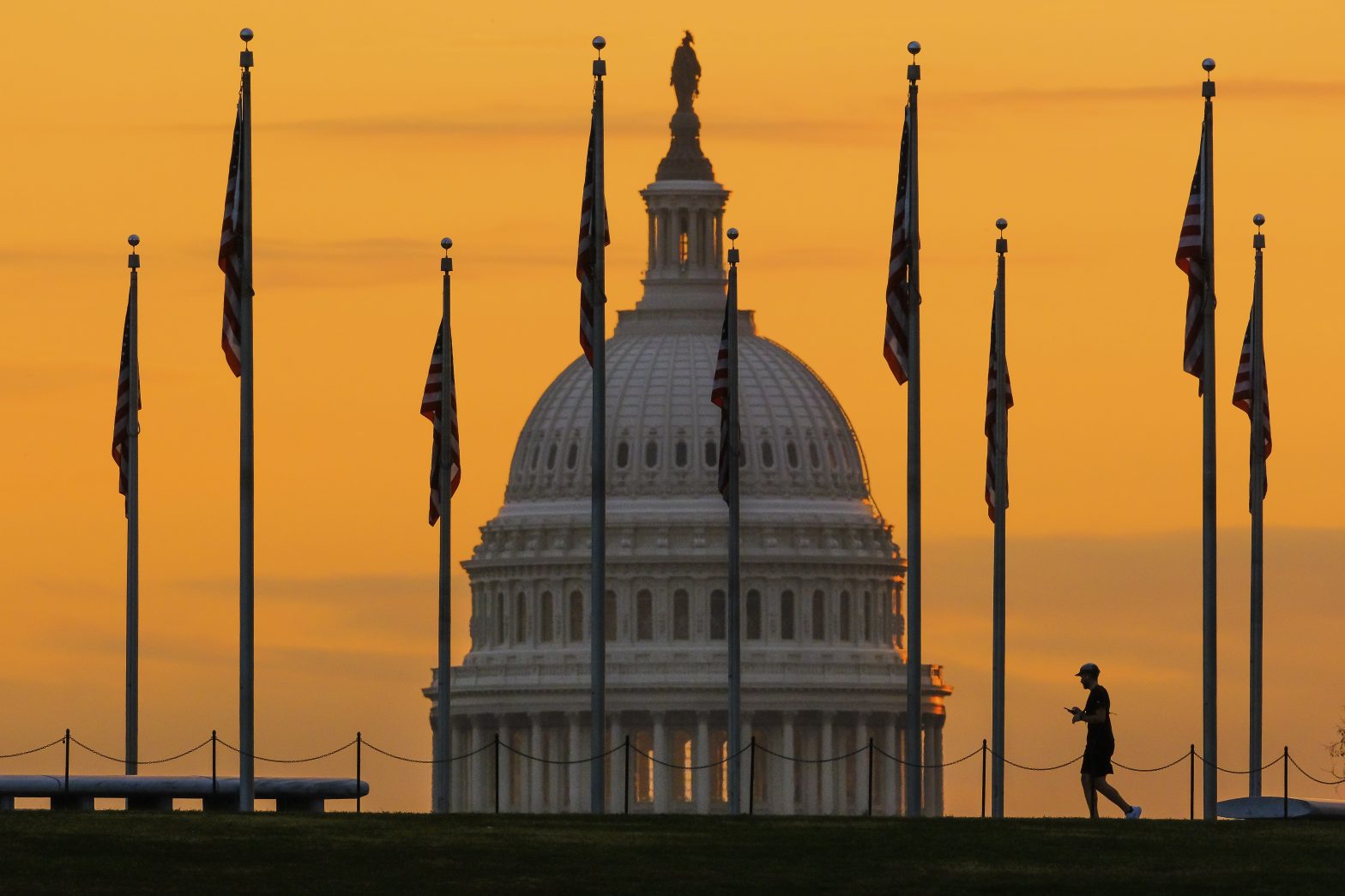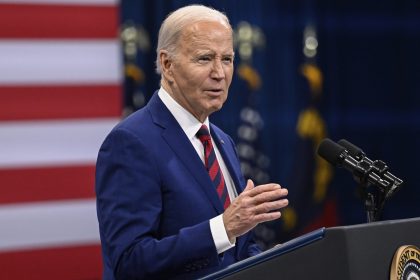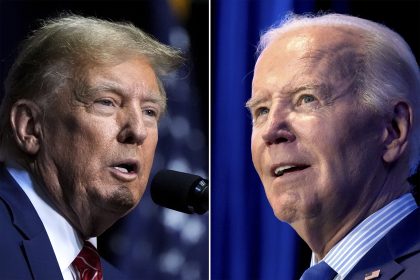Democrats and Republicans Share Core Values but Still Distrust Each Other

WASHINGTON (AP) — Americans on the right and the left have a lot more in common than they might think — including their strong distrust of each other.
A survey published on Wednesday finds that when asked about core values including fairness, compassion and personal responsibility, about nine in 10 Democrats and Republicans agreed they were very or extremely important. Yet only about a third of either group said they believed the same was true for the opposing party.
The results of the poll, conducted by NORC at the University of Chicago and the nonprofit group Starts With Us, reveal a stark truth at the source of the polarization that has a powerful grip on American politics: While most Americans agree on the core principles underlying American democracy, they no longer recognize that the other side also holds those values.
“This is a hidden opportunity for Americans to reestablish a sense of shared values,” said Tom Fishman, chief executive at Starts With Us, a nonpartisan organization that works to bridge political polarization. Americans from both parties need to understand that they still share common values, he said, and to recognize their misconceptions about the opposing party.
Americans have a long tradition of quarrelsome politics, dating back to before the Boston Tea Party. But with the notable exception of the Civil War, a sense of unity has kept those forces of division at bay. Experts who study partisanship and trust say that while a certain amount of polarization is natural, it can become a significant problem when it’s exploited by political parties or when one party no longer views the other as legitimate opposition but as an enemy.
A number of factors are cited as possible causes for an increase in division, including the decline and fragmentation of legitimate news sources, politicians who stoke distrust, and social media platforms that spread misinformation while too often sorting users into echo chambers where they seldom encounter an opposing view.
This loss of unity is tied to growing distrust in the media, government, science and public health while political anger has sometimes boiled over into hate speech or violence like that seen on Jan. 6, 2021, when supporters of then-President Donald Trump violently attacked the U.S. Capitol in a bid to overturn the Republican’s 2020 election loss to Democrat Joe Biden.
“When you get worried is when polarization turns into dehumanization — a sense that the other is somehow less than human, or evil, or unable to share your decent human values,” said Nealin Parker, executive director of Common Ground USA, a group that works to resolve conflict by building trust among Americans. “That should be concerning to anybody, because those are the necessary psychological steps to doing harm to each other.”
In the survey, respondents were asked to rate the importance of six principles: personal responsibility, fair enforcement of the law, representative government, government accountability, compassion and respect across differences, and learning from the past. In each case, about 90% of both Democrats and Republicans rated these values as very or extremely important.
When asked if members of the opposing party thought those values were very or extremely important, however, about two-thirds of respondents said no.
For example, while 91% of Republicans said they think it’s very or extremely important that citizens should learn from the past to improve the country, only about a third of Democrats said they believed that to be true of GOP voters. And while only 31% of Republicans say Democrats believe government accountability is very or extremely important, 90% of Democratic respondents said they do.
The findings reflect a phenomenon known as “affective polarization,” in which disagreements are based on animosity and a lack of trust instead of an actual debate over values or policy. Julia Minson, a professor who studies conflict and collaboration at Harvard University’s Harvard Kennedy School, said recognizing common values is a good start to bridging America’s divides.
Too often, Minson said, “We ascribe negative things to people we disagree with. We see them as an adversary that doesn’t want to be a partner. It’s very much about emotions and trust and largely divorced from actual differences.”
___
The nationwide survey of 1,003 adults was conducted May 11-15 using NORC’s probability-based AmeriSpeak Panel, which is designed to be representative of the U.S. population. The margin of sampling error is plus or minus 4.3 percentage points.
























